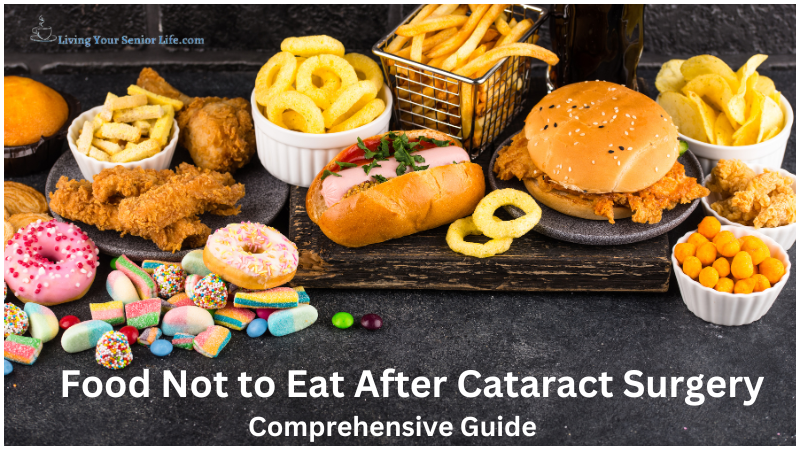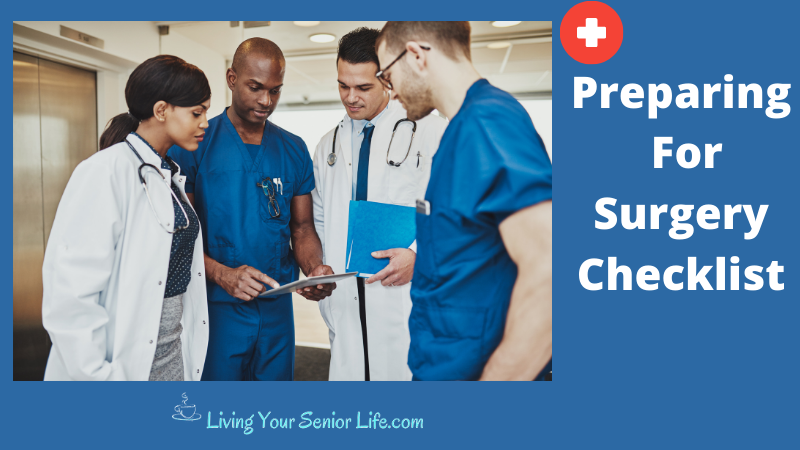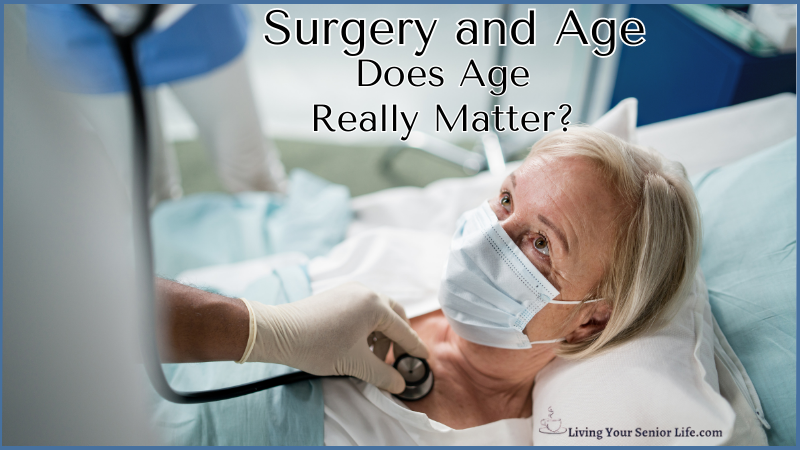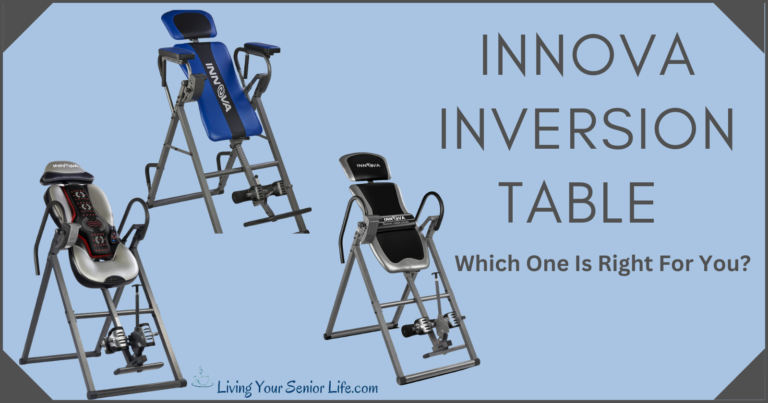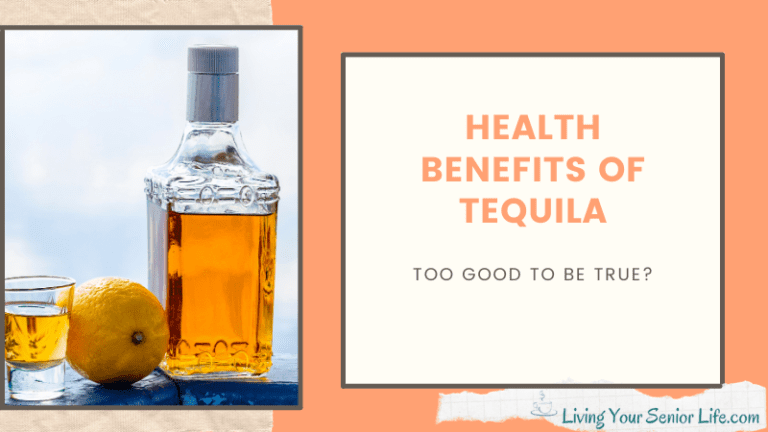This post is for informational purposes only and should not be used in place of the advice of a medical professional.
Cataract surgery is a common and highly successful procedure, but proper post-operative care is crucial for a smooth recovery. While your eye surgeon may provide specific instructions regarding post-operative care, it’s also important to consider the role of diet in your recovery. In this guide, we will explore the food not to eat after cataract surgery, focusing on a balanced and mindful diet to promote optimal recovery.
Certain types of food can hinder the healing process, potentially causing inflammation or increasing the risk of complications. Foods high in unhealthy fats, sugary foods, and heavily processed items should be avoided to prevent any adverse effects on the recovery process.
Quick Answer: Food Not To Eat After Cataract Surgery
Key Takeaways
- Avoid foods that negatively impact the healing process, like sugary snacks, fatty meats, and sodium-rich foods.
- Consume healthy foods filled with vitamins and nutrients that promote eye health and aid in wound healing.
- Follow your eye doctor’s advice closely and maintain a nutritious diet for a smooth recovery and better vision post-surgery.
Video: Foods Not To Eat After Cataract Surgery
Foods To Avoid After Cataract Surgery
After cataract surgery, the healing process is crucial. Your body needs the right essential nutrients to aid the recovery process. While a balanced diet plays a vital role in your overall health, there are specific types of food you should avoid to ensure a smooth recovery.
Sugary foods: High-sugar items like candy can increase your blood sugar level, which isn’t ideal for the wound healing process.
Spicy foods: They may cause discomfort and exacerbate dry eyes which is a common complaint during the recovery period.
Unhealthy fats: Fatty meats and foods high in saturated fats, like french fries from fast food restaurants, can affect your blood vessels and slow down the healing of your eye’s natural lens.
Sodium-rich foods: Excessive salt can lead to increased eye pressure, an issue you want to avoid post-surgery.
Instead, focus on healthy foods like lean proteins, whole grains such as brown rice, and vitamin-rich foods including citrus fruits—these support your immune system and promote better vision. Always adhere to your eye surgeon’s specific instructions for the best results.
Nutrients Essential for Recovery
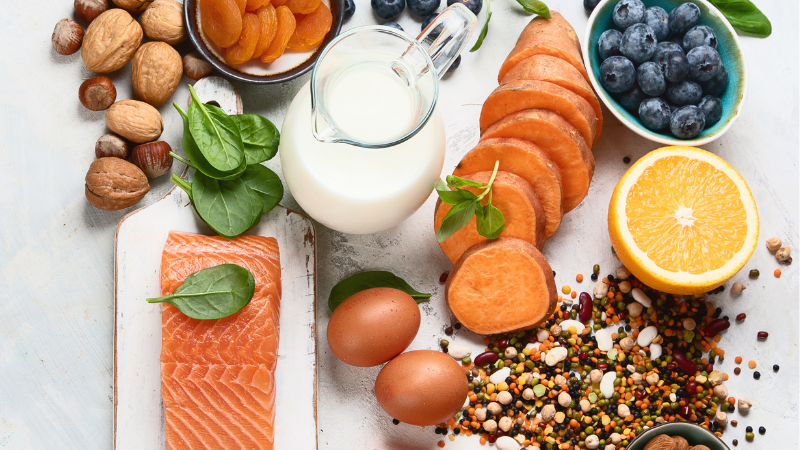
Now that we’ve looked at foods to avoid after cataract surgery let’s take a look at nutrients that help in recovery. After cataract surgery, focusing on the right nutrients can accelerate the healing process and contribute to a successful recovery, ensuring your eyes regain clear vision efficiently. A balanced diet rich in specific vitamins, minerals, proteins, fats, and carbohydrates plays a vital role in supporting the recovery period.
Vitamins and Minerals
Your body needs an array of essential nutrients to facilitate wound healing and reduce the risk of infection. For optimal eye health, vitamin C and vitamin E serve as powerful antioxidants that protect the tissues of your eyes from damage. Foods like citrus fruits and leafy green vegetables are excellent sources. Zinc, found in lean proteins, also helps maintain the eye’s natural lens and may decrease the risk of macular degeneration. Additionally, lutein and zeaxanthin found in green leafy vegetables act as a protective shield for your eyes, absorbing potentially harmful light.
- Vitamin C: Citrus fruits, strawberries, bell peppers
- Vitamin E: Almonds, sunflower seeds, dark leafy greens
- Zinc: Oysters, beef, pumpkin seeds
- Lutein & Zeaxanthin: Spinach, kale, peas
Proteins and Fats
Protein is crucial for the healing process as it repairs tissue and helps combat post-operative infections. Incorporating protein-rich foods such as chicken, fish, eggs, and omega-3 fatty acids from sources like salmon and flaxseeds can promote wound healing and reduce inflammation. These fats are not only beneficial for overall health but also play a role in minimizing dry eyes, a symptom you might experience during the recovery time.
- Lean proteins: Chicken breast, turkey, tofu
- Healthy fats (Omega-3s): Salmon, walnuts, chia seeds
Carbohydrates and Fiber
While carbohydrates provide your body with much-needed energy, it’s important to choose your carbs wisely. Opt for whole grains like brown rice and quinoa, which help keep your blood sugar level stable. Complex carbs with plenty of fiber aid in keeping your immune system strong, which is critical for a smooth recovery. Fiber-rich foods such as sweet potatoes and oatmeal also help in maintaining a nutritious diet during your recovery period.
- Whole grains: Brown rice, quinoa, rolled oats
- Fiber: Lentils, black beans, raspberries
FAQs
Is it safe to consume dairy products following cataract surgery?
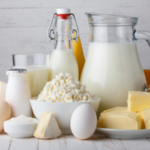
In general, dairy products can be included as part of a nutritious diet post-surgery, but it’s important to choose low-fat options to prevent consuming excessive unhealthy fats that might hinder the healing process.
Which types of protein are recommended for consumption after cataract surgery?
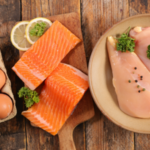
After cataract surgery, you should include lean proteins in your diet, such as chicken or fish that are high in fatty acids, as they support the healing of your operated eye and contribute to a smooth recovery. Protein-rich foods are crucial for tissue repair and maintaining good vision health.
Can sugary treats like ice cream adversely impact the healing process post-surgery?

Sugary foods like ice cream can raise your blood sugar levels, which could have negative effects on wound healing and should be limited during the recovery time after your cataract surgery.
Additional Reading
Conclusion
In conclusion, a well-balanced and mindful diet plays a crucial role in the post-cataract surgery recovery process. During the recovery period, it’s best to avoid sugary foods, spicy foods, foods high in sodium, and items with unhealthy fats. Following these guidelines can help enhance your healing journey and promote overall health.
Remember, consult with your healthcare provider for personalized advice tailored to your unique needs. Your eye surgeon’s instructions, coupled with a nutritious diet, can help lead to a smooth recovery. Your recovery is a priority, and a thoughtful approach to nutrition can make a significant difference.
Have you or a loved one had cataract surgery? Do you have any tips or insights to help in recovery? Please comment below.
